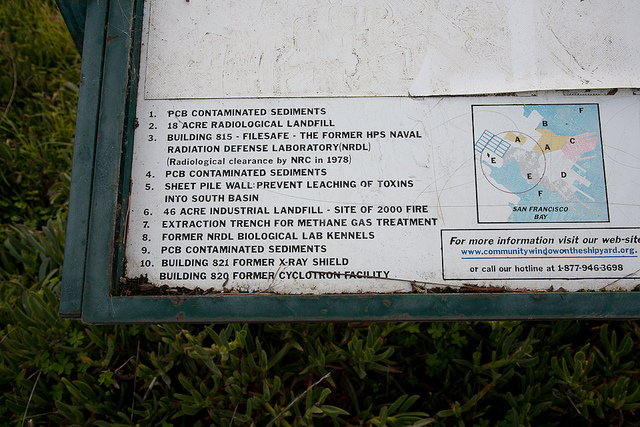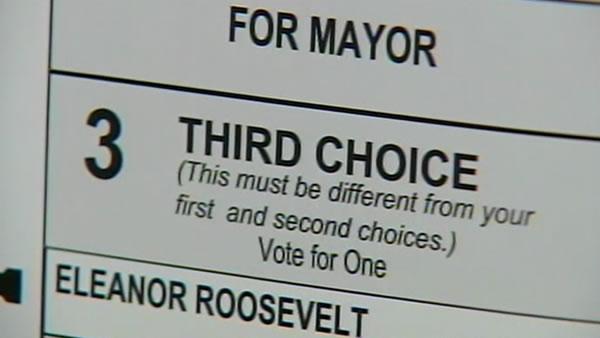A new United Nations atlas reveals that half the world’s 6,700 languages are endangered and could disappear. The 2009 edition of the Atlas of the World’s Languages in Danger finds that India has the most endangered languages, with the United States in second place. The BBC reported the 192 indigenous languages in the United States are all considered “unsafe,” such as Navajo, with only 120,000 speakers; “endangered,” with just a handful of speakers; or already extinct. Alaska’s Eyak language became extinct last year when the last native speaker died, while Hawaii’s native language is considered endangered because only 1,000 people speak it, although that may change due to an increase in immersion schools. In Massachusetts, a member of the Wampanoag tribe revived her dead language by studying its grammar, then teaching it to her daughter, who is now the first native speaker in six generations.


